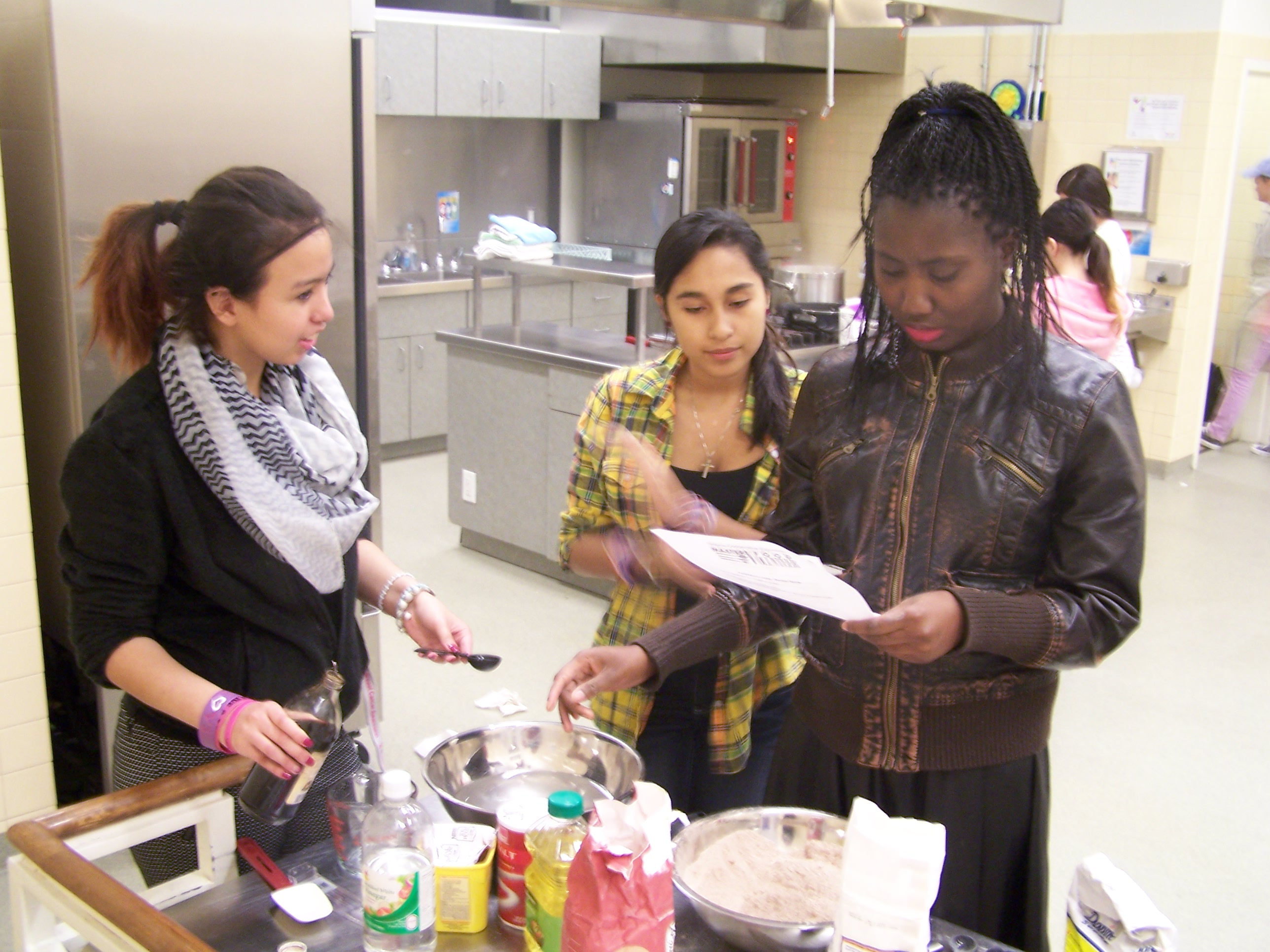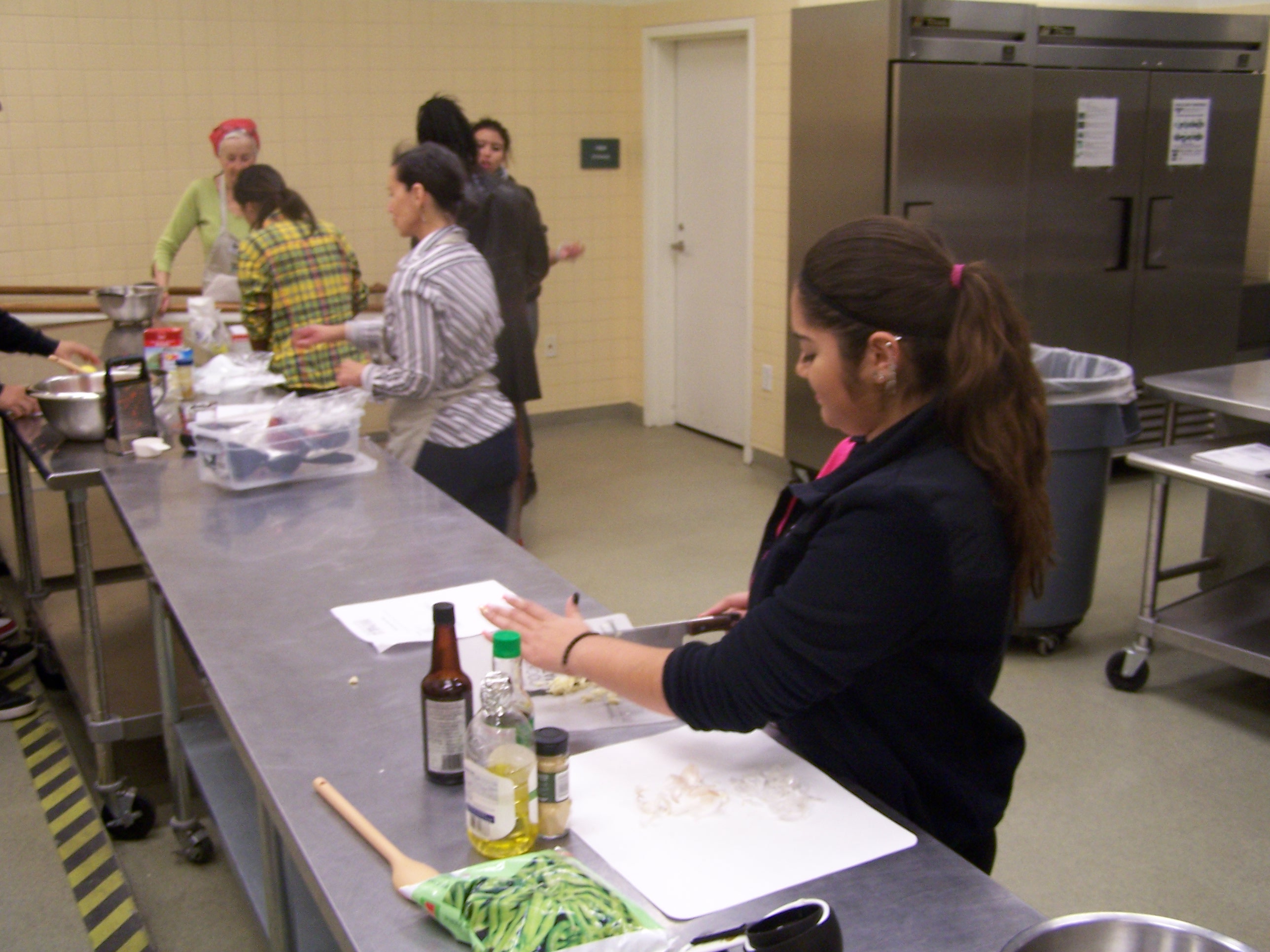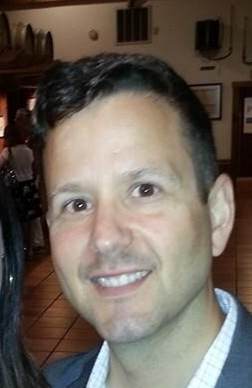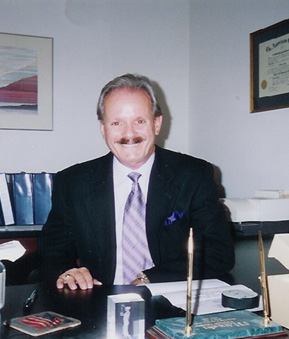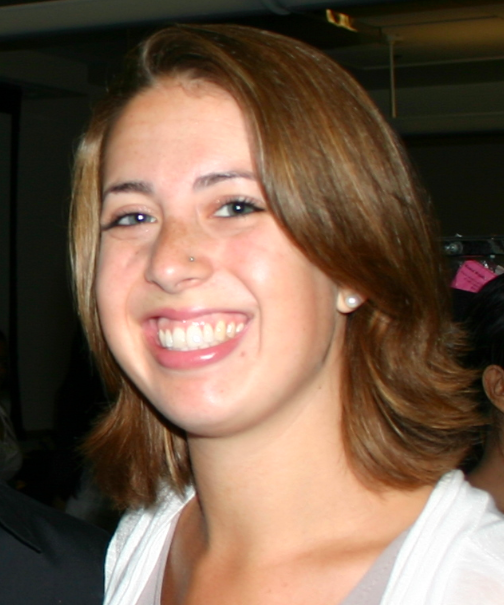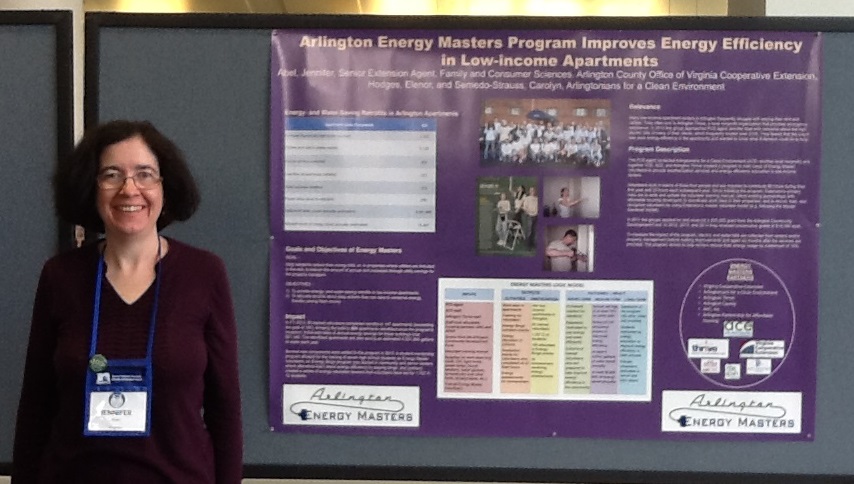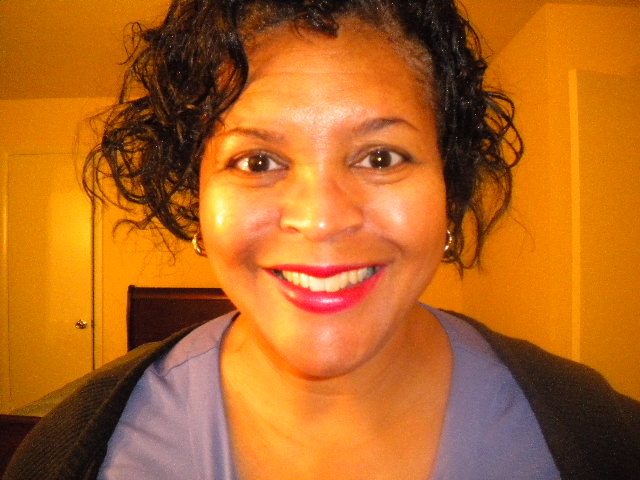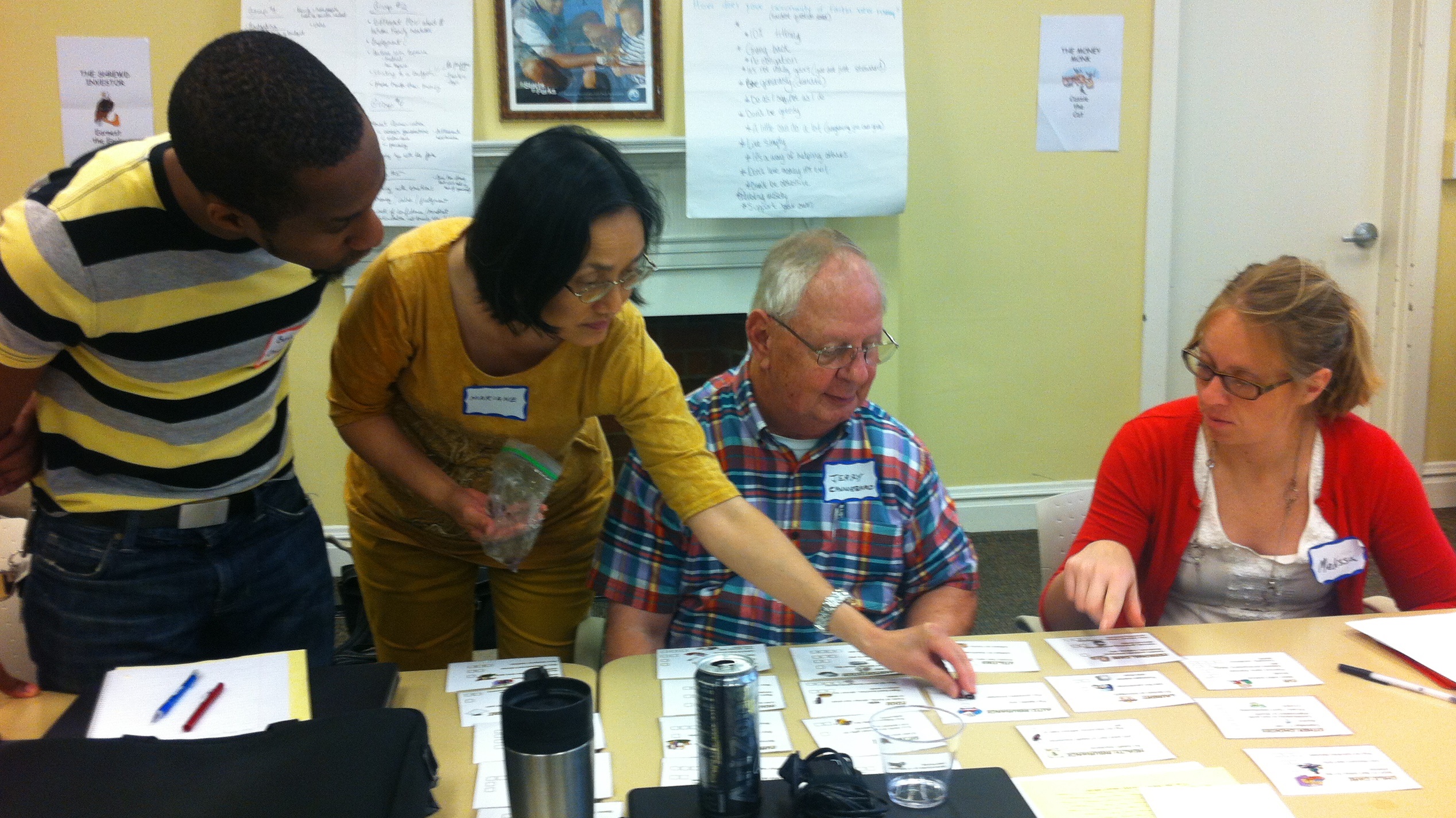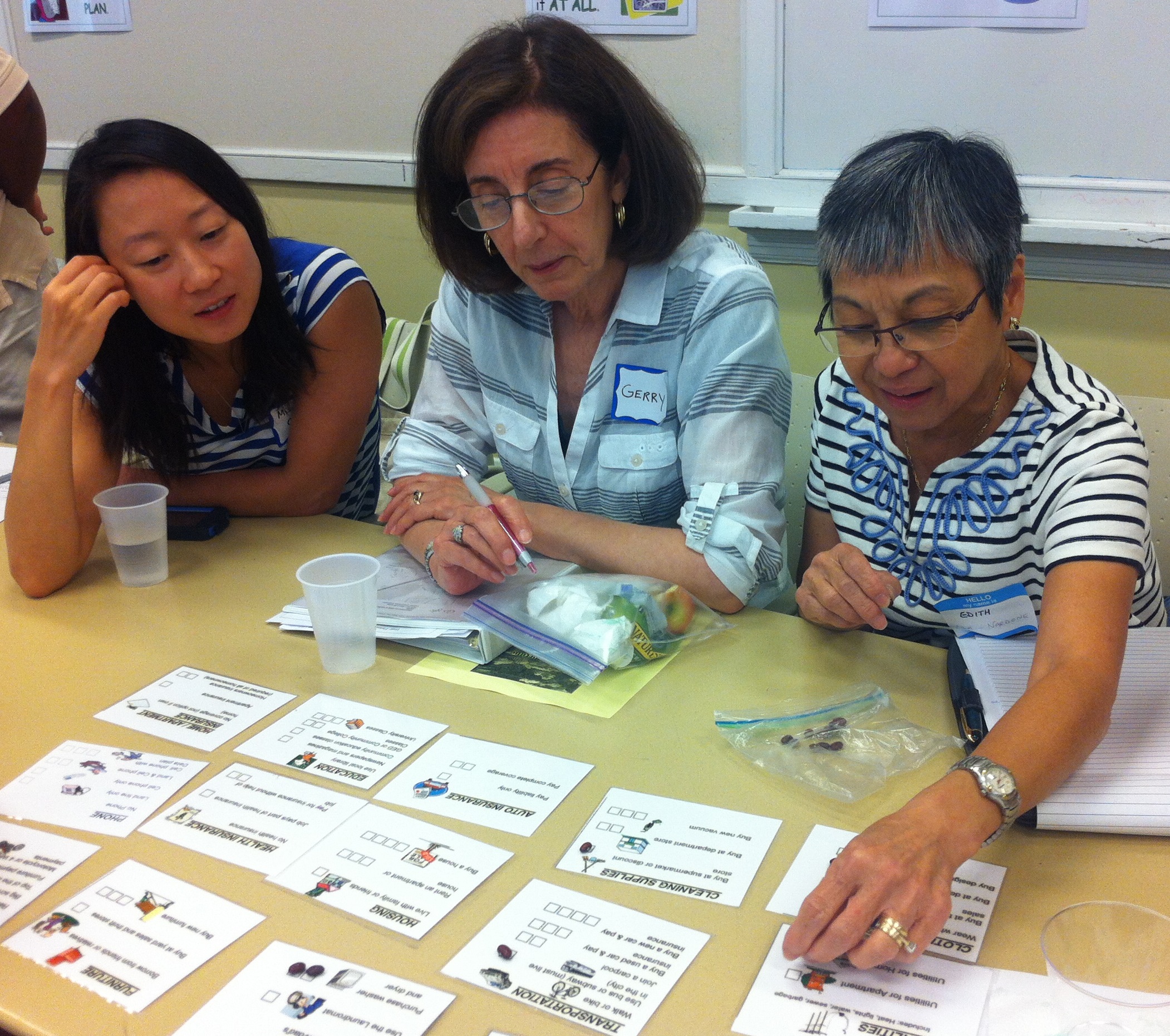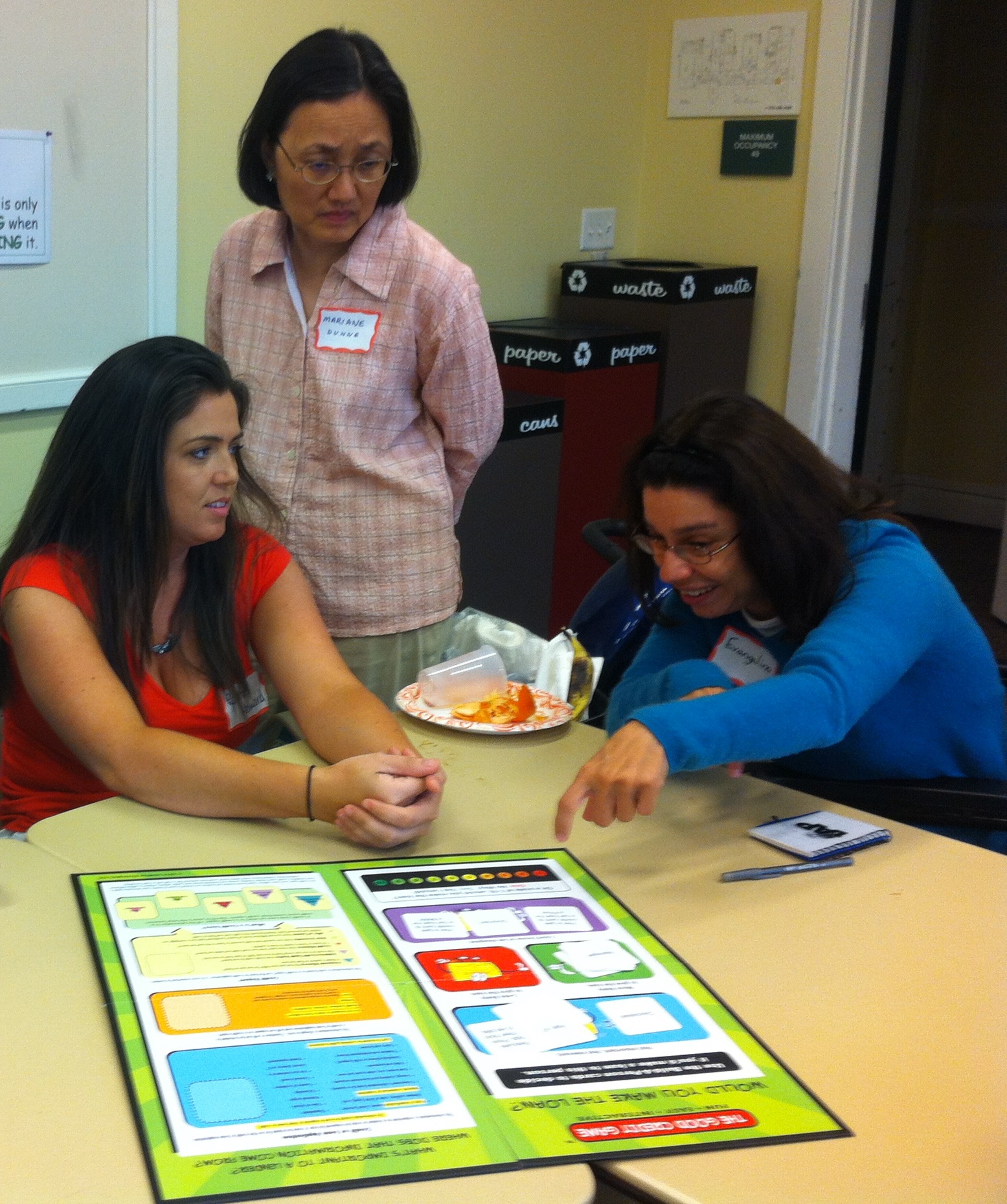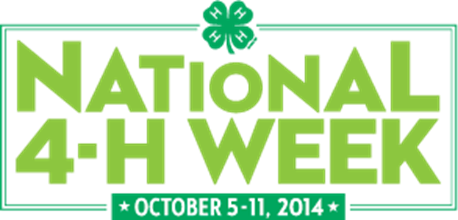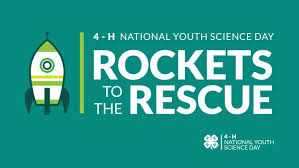On November 13 five women graduated from the inaugural course of the Money Smarts Pay program at Arlington Mill Apartments. All of them took specific actions to improve their money management habits such as creating and sticking to a budget, saving money in an emergency fund, saving toward a down payment on a house, and working on paying down debts.
Money Smarts Pay is a new program that we began in August 2014 in collaboration with the Arlington Partnership for Affordable Housing (APAH). It combines two of the services that we have been providing for more than 20 years: one-on-one financial coaching and money management classes. Participants take three classes, each separated by a month, on the topics of goal setting and budgeting, credit and debt management, and saving strategies. In the weeks between the classes participants meet with volunteer financial coaches who help them practice the skills that they learned in the class sessions and take the specific actions that we outline for each session. The course culminates in an awards ceremony to honor the achievements of all of the participants.
This hybrid approach will hopefully achieve better and longer lasting results for clients than either the coaching or classes have done by themselves, and the initial data from this first course are bearing that out. Participants are sticking to the positive behavior changes that they have adopted and are saving money toward concrete goals.
We also started Money Smarts Pay courses at two other APAH properties in September and November—Columbia Grove and Buchanan Gardens. These courses will end in December and February, respectively. When another organization, Arlington-Alexandria Coalition for the Homeless, heard about the program they wanted it for their clients too, so we began a program for them in November.
We will be leading a total of six Money Smarts Pay programs for APAH in fiscal year 2015 (July 1, 2014-June 30, 2015) and are looking forward to expanding the program to other organizations as well. If you would like more information about this program, please contact Jennifer Abel or Megan Kuhn: jabel@vt.edu or megan.kuhn@vt.edu.


